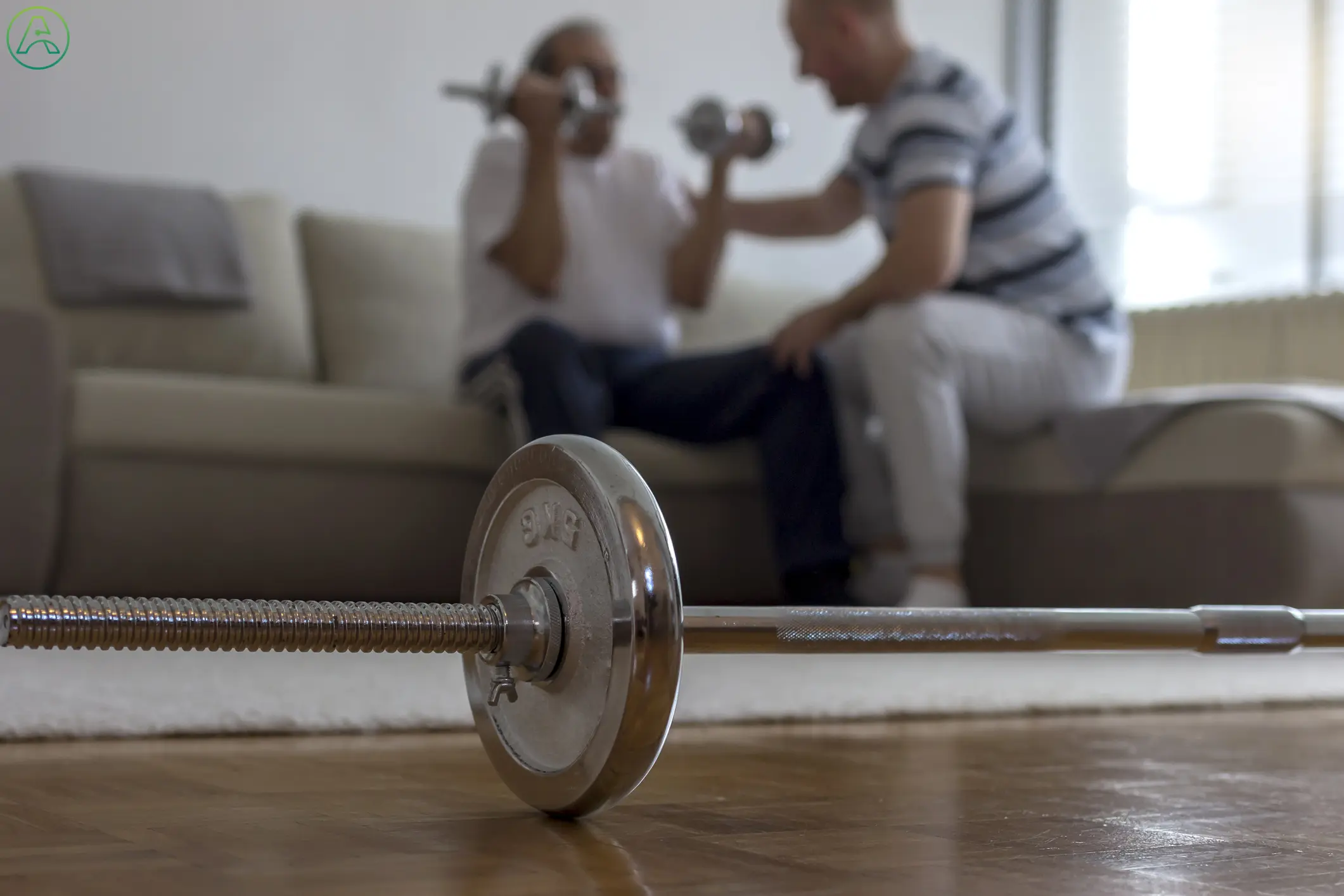Besides being the second-leading cause of death around the world, strokes are the third-leading cause of disability as well. People who survive strokes often have a long road to recovery ahead of them. In some cases, strokes lead to permanent difficulties with speech, cognitive abilities, or motor control.
In this article, Ability Central addresses your long-term care and support questions for stroke survivors, including:
If a person has survived a stroke, how often does the same person have a second stroke?
Does the Americans with Disabilities Act (ADA) cover stroke survivors?
What medical and financial aid programs assist people with stroke recovery in the United States?
What mental health issues often accompany a stroke?
What support groups are available for survivors of stroke and their loved ones?
Where can I get more information about strokes?
If a person has survived a stroke, how often does the same person have a second stroke?
About 25% of stroke survivors will have another stroke. This is because most strokes are not a standalone medical issue; they are typically a result of an underlying condition. Strokes are much more likely to happen again if that underlying condition isn’t treated.
In most cases, a second stroke can be prevented through education and lifestyle changes, including:
Managing blood pressure
Lowering cholesterol
Managing diabetes
Being more active
Changing diet
Losing weight
Quitting smoking
Starting or stopping certain medications
Your healthcare provider can offer guidelines for long-term care. You can find additional resources by connecting with a local nonprofit specializing in stroke recovery. See Ability Central’s searchable database to find an organization near you.
Does the Americans with Disabilities Act (ADA) cover stroke survivors?
Many people who have had strokes recover without limitations. Sometimes, there are short or long-term limitations in cognitive and motor skills. However, some people never fully recover from a stroke and must learn to manage a permanent disability.
Whether your stroke-related disability is temporary or permanent, the Americans with Disabilities Act (ADA) protects stroke survivors from discrimination.
The ADA may also cover accommodations at work, including:
Equipment
Assistive technology
Mobility aids such as a scooter or wheelchair
Workstation modifications
Restructuring your job
Reassignment to a vacant position
Each case is different, so to find out if you qualify for protection under the ADA, reach out to an employment lawyer or an organization like the [Job Accommodations Network (JAN)]().
What medical and financial aid programs assist people with stroke recovery in the United States?
Many private and employment-based medical insurance options cover both emergency and recovery care for stroke survivors. However, the extent of this coverage varies depending on the severity of the stroke and the terms of your insurance policy. When in doubt, contact your insurance agency to find out more about your options.
Other healthcare coverage options for stroke survivors include:
Medicare covers people with permanent disabilities and those 65 years old or older.
Medicaid covers people with disabilities who have lower incomes.
The Affordable Care Act (ACA) may also assist those who qualify.
If you’re unable to work for at least 12 months after your stroke, you can file a claim for Social Security disability benefits.
Veteran’s Affairs (VA) provides health care benefits for veterans who have actively served in the military. If you have been denied VA benefits for stroke survivors and would like to understand the appeals process, see Veterans Health Benefits Appeal.
In addition, some nonprofit organizations offer free or discounted medical care, funding, or medical equipment to people who have had a stroke. For example, The Stroke Foundation offers grants for stroke survivors experiencing financial hardship to help cover the cost of physical, occupational, or speech therapy.
What mental health issues often accompany a stroke?
Mood disorders such as depression, anxiety, and the pseudo-bulbar affect (sudden, uncontrolled bursts of laughter, tears, or anger that don’t match the situation) are all common after a stroke.
A combination of professional mental health care, support groups, and support through nonprofits specializing in stroke care may help. Use our Service Locator tool to find an organization near you.
What support groups are available for survivors of stroke and their loved ones?
A stroke can be life-changing for both a survivor and their family. Stroke survivors often require significant care and support, which can be isolating and stressful. Recovery from stroke can also be frustrating, especially if someone must learn to manage a permanent disability after a stroke.
Support groups can help address these challenges and are an essential source of ongoing education, emotional support, and community-building.
Your healthcare provider and local nonprofits specializing in stroke care may be able to connect you with support groups in your area. In addition, consider these groups:
The American Stroke Association offers a searchable list of support groups for stroke survivors and their loved ones.
The Stroke Support Association offers support groups in online sessions or in-person sessions for families local to Long Beach, California.
The Stroke Survivor Support Group is an online community hosted on Facebook.
Where can I get more information about strokes?
Ability Central offers a series of articles to further your knowledge about strokes. See:
To learn about conditions related to strokes, see:



